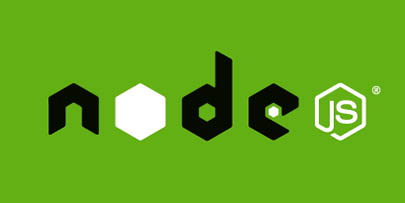How To Install Node.js on Fedora 37

In this tutorial, we will show you how to install Node.js on Fedora 37. For those of you who didn’t know, Node.js is an open-source, cross-platform JavaScript runtime environment that allows developers to run JavaScript code outside of a web browser. It is built on Chrome’s V8 JavaScript engine and provides an event-driven, non-blocking I/O model that makes it lightweight and efficient. Node.js has become increasingly popular for building scalable network applications, especially on the server side.
This article assumes you have at least basic knowledge of Linux, know how to use the shell, and most importantly, you host your site on your own VPS. The installation is quite simple and assumes you are running in the root account, if not you may need to add ‘sudo‘ to the commands to get root privileges. I will show you the step-by-step installation of Node.js 18 on a Fedora 37.
Prerequisites
- A server running one of the following operating systems: Fedora 37.
- It’s recommended that you use a fresh OS install to prevent any potential issues.
- SSH access to the server (or just open Terminal if you’re on a desktop).
- An active internet connection. You’ll need an internet connection to download the necessary packages and dependencies for Node.js.
- A
non-root sudo useror access to theroot user. We recommend acting as anon-root sudo user, however, as you can harm your system if you’re not careful when acting as the root.
Install Node.js on Fedora 37
Step 1. Before proceeding, update your Fedora operating system to make sure all existing packages are up to date. Use this command to update the server packages:
sudo dnf upgrade sudo dnf update
Step 2. Installing Node.js on Fedora 37.
- Method 1: Installing Node.js using NodeSource.
By default, the Node.js package doesn’t come in the default repository of Fedora 37. Now run the following command below to download the latest version of the Node.js script installer from the official page to your Fedora system:
curl -fsSL https://rpm.nodesource.com/setup_20.x | sudo bash -
Once the repository is added, run the commands below to install Node.js 18:
sudo dnf install gcc-c++ make nodejs
Verify that Node.js is installed correctly by running the following command:
node -v
- Method 2: Installing Node.js using NVM.
NVM (Node Version Manager) is a popular tool for installing and managing Node.js on Linux systems. It allows you to install multiple versions of Node.js on the same system and switch between them easily.
You can install NVM by running the following command:
curl -o- https://raw.githubusercontent.com/nvm-sh/nvm/v0.39.0/install.sh | bash
Once you have installed NVM, you can use it to install the desired version of Node.js. You can list all available versions of Node.js using the following command:
nvm ls-remote
You can install the latest version of Node.js using the following command:
nvm install node
After the installation, you can verify the installed version of Node.js using the following command:
node -v
Step 3. Configure Node.js.
Once installing Node.js and npm, you can start building applications using JavaScript on the server side. Node.js provides a set of built-in modules for common operations such as file system access, networking, and HTTP requests. Additionally, there are thousands of open-source libraries and packages available on npm that can be used to extend the functionality of Node.js.
Congratulations! You have successfully installed Node.js. Thanks for using this tutorial for installing Node.js on your Fedora 37 system. For additional help or useful information, we recommend you check the official Node.js website.